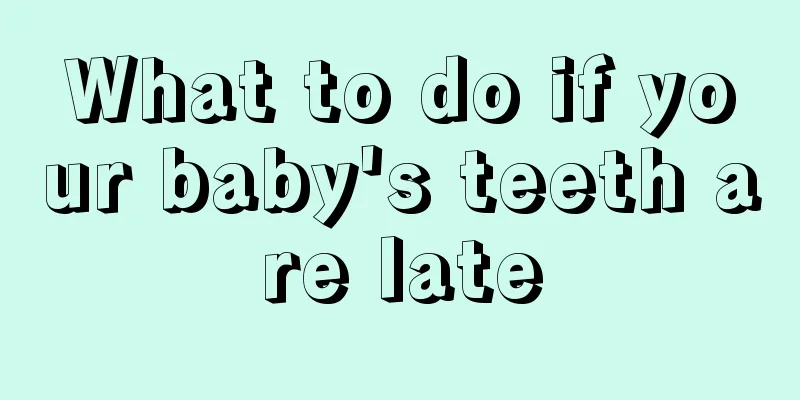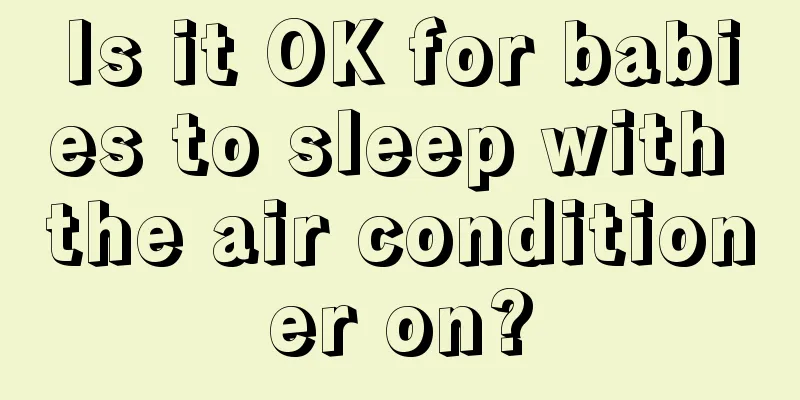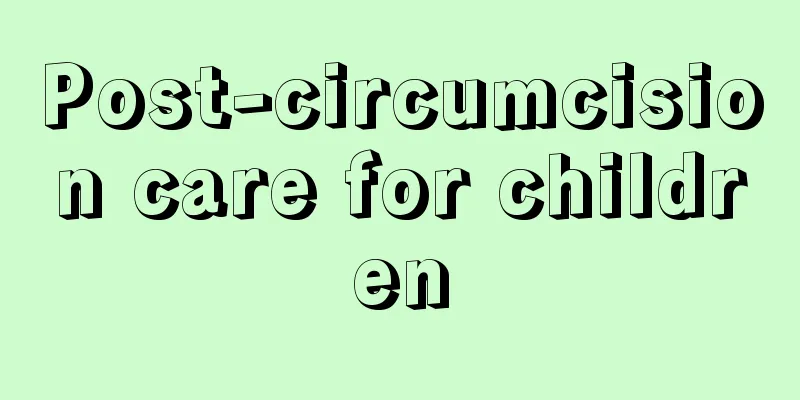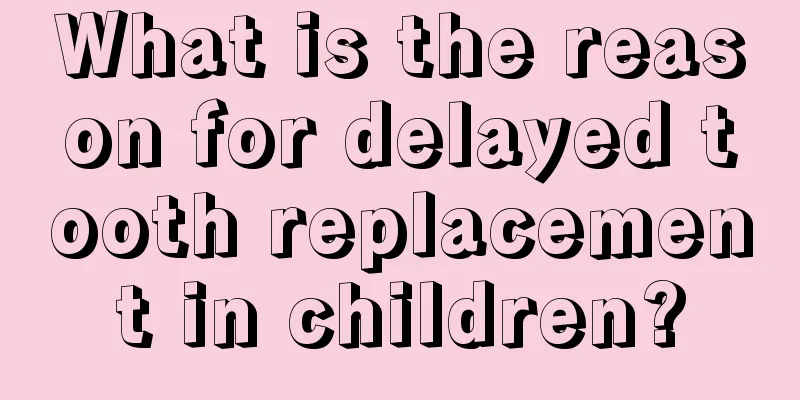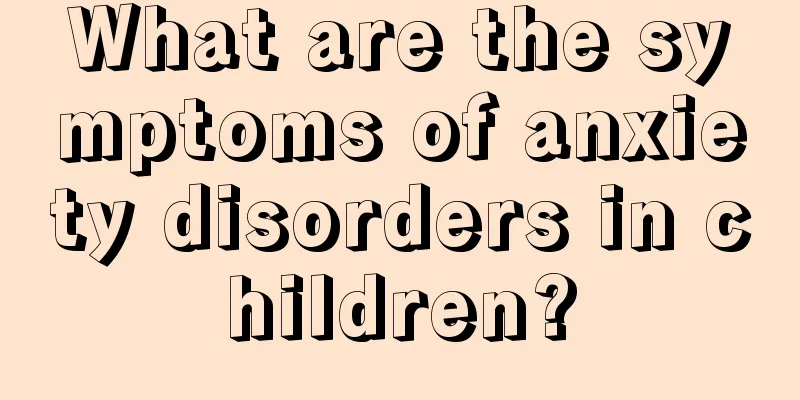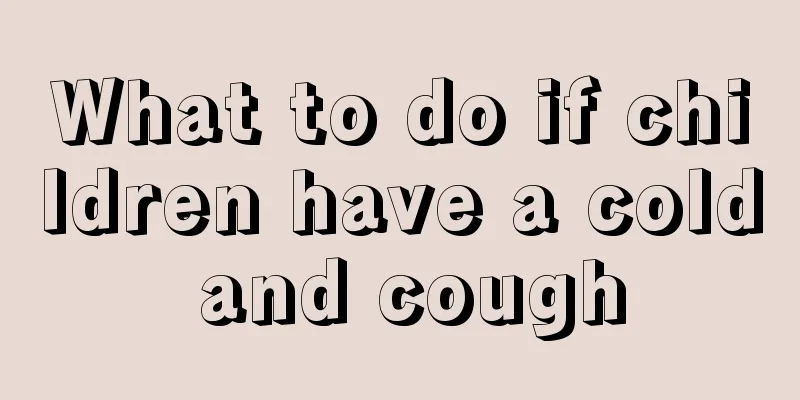Why does a boy grind his teeth when sleeping?
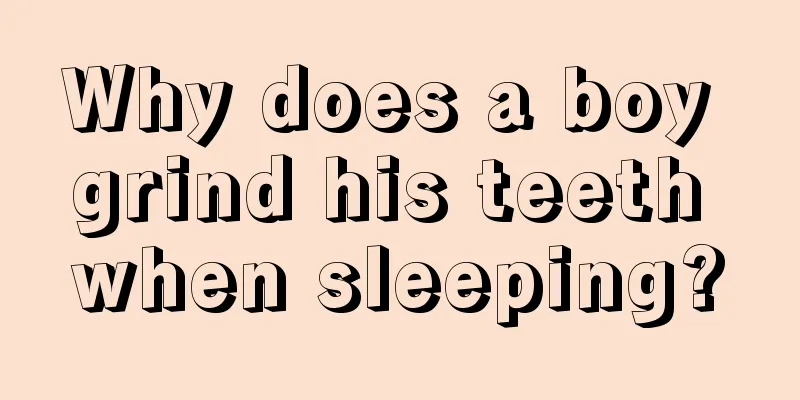
|
When you go to bed at night, especially when you enter deep sleep, you certainly don’t know what happens in your dreams, whether you will grind your teeth or talk in your sleep. When you wake up the next day, people around you will always say that you talked in your sleep again or grind your teeth again. This is especially true for boys. Many boys grind their teeth when they sleep at night. What’s going on? The habit of grinding teeth during sleep or unconsciously when awake is called bruxism. The cause of bruxism is still unclear. It is currently believed to be related to multiple factors such as mental, emotional, odontogenic, systemic, occupational, and spontaneous. Children's teeth grinding at night when sleeping is not necessarily caused by worms. There are several reasons for teeth grinding: 1. Most of them are caused by poor digestion. Some children like to eat too much before going to bed at night, which causes the digestive system to not stop working and causes teeth grinding. 2. It may also be caused by calcium deficiency and restless sleep in children. 3. Not rinsing your mouth and brushing your teeth before going to bed and not paying attention to oral hygiene can also cause bruxism. 4. Teeth grinding may also be caused by worms in the stomach. If there are worms in the stomach, you should deworm them in time. Children over two years old can take anthelmintics, such as Enterocin and Mebendazole. The dosage should be followed according to the doctor's advice. 1. Mental factors: The oral cavity has the function of expressing nervous emotions. If the patient's fear, anger, hostility, resistance and other emotions, especially the anxious ones, cannot be expressed for some reason, they will try to relieve their inner depression by grinding their teeth. The tooth contact time of these patients is long and the frequency is frequent. These psychological factors may be one of the important factors in the etiology of bruxism. 2. Occlusal factors: In nervous individuals, any occlusal interference may be a trigger for bruxism; the occlusal factors of bruxism patients are mostly the mismatch between the centric relationship and the centric occlusion, and premature contact on the non-working side during lateral occlusion; and clinical occlusal adjustment methods have also successfully cured some bruxism. Occlusal factors are important factors in oral health, but whether they cause bruxism is still controversial; the disorder of jaw-bite relationship during the period of tooth replacement causes movement disorder of the jaw muscles, spasm and contraction; 3. Central nervous system mechanism: There is a trend that bruxism is an involuntary subconscious action like sleepwalking, enuresis, and nightmares. It is a symptom of partial brain awakening during sleep and a central nervous system sleep disorder related to daytime emotions, triggered by internal or external, psychological or physiological sleep-disturbing stimuli. 4. Other systemic factors such as gastrointestinal dysfunction related to parasites, nutritional deficiencies in children, blood sugar and calcium concentrations, endocrine disorders, and allergic reactions may all be factors that cause bruxism. Some cases appear to have a genetic cause. In addition, hyperuricemia, hyperthyroidism, allergies, irritable bladder, etc. may be related to bruxism. 5. Occupational factors: Car drivers, athletes, and those who work in jobs that require high precision, such as watchmakers, are all prone to wear and tear. The most serious harm is nocturnal clenching of teeth and grinding of teeth. Nocturnal bruxism is common among children. Although nocturnal bruxism may not cause any temporary pain, it can cause severe wear of the occlusal and adjacent surfaces of the teeth in the long run, and may lead to the various complications mentioned above. Intractable bruxism can lead to destruction of periodontal tissues, loose or displaced teeth, gingival recession, and loss of alveolar bone. During the day, we chew food and our teeth rub against each other, but this rarely causes damage to the teeth. This is because when chewing, the food between the upper and lower teeth is like a cushion, and there is also sufficient saliva to make the teeth lubricated, so they are not easily worn. When eating, it seems that you chew for a long time, but most of the time is spent in up and down movements. Some studies have shown that the actual direct tooth contact lasts only about 4 minutes. If you grind your teeth at night, the situation is quite different. There is no food in your mouth and the secretions in your mouth are reduced. Your teeth do not get the necessary lubrication, resulting in "dry grinding", which is just like pushing an empty millstone. |
<<: How to cultivate children to be brave
>>: What to do if Kawasaki disease recurs for the second time
Recommend
Symptoms of dry lips in children
Children's dry lips are probably caused by th...
What are the symptoms of hand, foot and mouth disease in children?
We are now slowly entering summer when the temper...
Causes of small pimples on baby's face
It is very common for babies to have small pimple...
Why is the back of the baby's head hot?
Families are very concerned about the healthy gro...
Why does my baby poop after eating?
We all know that only by ensuring that the baby c...
Treatment of pharyngitis and tonsillitis in children
Pharyngitis and tonsillitis are two different dis...
What should I do if my baby teeth are decayed?
Do you have cavities in your deciduous teeth? In ...
What to do if a four-year-old baby has a fever of 39 degrees
When a baby has a fever, many parents are sometim...
What should I do if my baby has a stuffy nose before one month old?
Many mothers will encounter times when their babi...
What is the reason for children grinding their teeth at night?
When children are in the teething stage, or in no...
What are the recipes for 10-month-old babies?
With the continuous improvement of living conditi...
What is the reason for low white blood cell count in children?
What is the reason for low white blood cell count...
What is the reason for elevated alkaline phosphatase in children?
The reasons why children have high alkaline phosp...
Can a baby's flat nose be pinched to make it taller?
People with flat noses are in great pain because ...
Six-year-old child has headache, vomiting and low-grade fever
The immunity of a six-year-old child is not very ...
